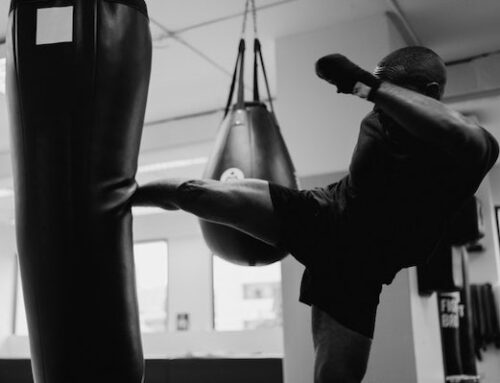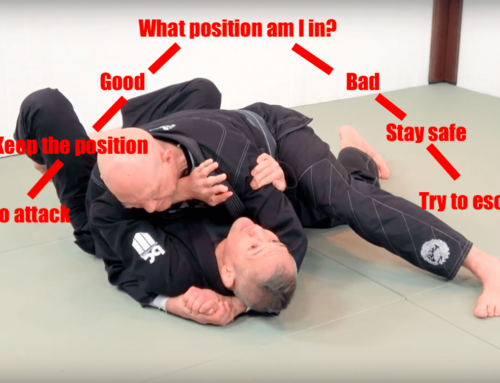The practice of martial arts is often associated with physical fitness and self-defense, but many are not aware of its profound effects on mental health and well-being. At Pride Martial Arts Academy, we understand the importance of nurturing not only the body but also the mind through our diverse range of disciplines, including Mixed Martial Arts (MMA), Tae Kwon Do, Jiu Jitsu, Youth MMA, and Adult MMA. Our holistic approach to martial arts training helps students achieve not only physical health but also psychological wellness, leading to a more balanced and fulfilling life.
Martial arts offer a unique opportunity to enhance mental well-being by engaging in practices that foster mindfulness, self-discipline, stress reduction, and social connection. Regular practice can lead to an improved sense of self, reduced anxiety and depression, and enhanced emotional resilience. Additionally, the focus on personal growth, self-awareness, and goal setting commonly found in martial arts can contribute to overall life satisfaction and help individuals maintain equilibrium in their daily lives.
In this blog post, we will delve into the relationship between martial arts training and mental health, highlighting the various ways in which this ancient practice can serve as a powerful tool for fostering psychological wellness. We will discuss the specific mental health benefits associated with martial arts training, providing insights into how individuals can harness the transformative power of disciplines such as MMA, Tae Kwon Do, and Jiu Jitsu to improve their well-being. Whether you are a seasoned martial artist, someone considering taking up a new practice, or simply curious to learn more about the connection between martial arts and mental health, we invite you to join us in exploring the transformative impact of martial arts on the human psyche.
Reducing Stress and Anxiety
- Physical Exercise: Engaging in regular physical activity through martial arts training can help alleviate stress and anxiety by releasing feel-good endorphins and promoting relaxation.
- Breathing Techniques: Many martial arts disciplines incorporate deep breathing exercises, which can help regulate the stress response system and promote mental calmness.
- Mindfulness and Focus: The practice of martial arts requires mindfulness and focus, helping individuals stay in the present moment and reduce the impact of stress and anxiety on their mental well-being.
Enhancing Emotional Resilience and Self-Awareness
- Facing Challenges: Facing and overcoming challenges in martial arts training can help build emotional resilience, allowing individuals to better cope with and adapt to life’s stressors.
- Cultivating Self-Reflection: Martial arts practice encourages introspection and self-reflection, leading to greater self-awareness and understanding of one’s emotional processes.
- Improving Self-Confidence: Mastery of martial arts techniques and progress through the ranks can bolster self-confidence, contributing to a more positive and resilient mindset.
Building Social Connection and Support
- Positive Peer Interaction: Participating in martial arts classes can foster a sense of camaraderie and support among students, providing a valuable social network.
- Inclusivity and Belonging: Many martial arts dojos prioritize inclusivity and strive to create a welcoming environment, helping to foster a sense of belonging and connection within the martial arts community.
- Opportunities for Leadership: Martial arts training offers opportunities for students to take on leadership roles, further promoting personal growth and emotional resilience.
Fostering Mindfulness and Mental Clarity
- Practicing Meditation: Some martial arts disciplines incorporate meditation and mindfulness practices, helping students develop mental clarity and focus.
- Hone Mental Focus: Martial arts training requires sustained mental focus and concentration, leading to improved cognitive function and mindfulness.
- Developing Present-Moment Awareness: The practice of martial arts encourages present-moment awareness, helping individuals become more in tune with their thoughts, feelings, and actions.
Conclusion
With its unique combination of physical, mental, and emotional benefits, martial arts training can play a significant role in promoting mental health and psychological well-being. By fostering mindfulness, resilience, and social connection, martial arts practice can contribute to a more balanced and fulfilling life.
At Pride Martial Arts Academy, we are dedicated to providing comprehensive martial arts training that supports the mental health of our students. Whether you are seeking to improve your mental well-being, develop better coping strategies for stress, or simply enjoy the myriad benefits of martial arts training, we encourage you to join our supportive and inclusive community. Discover for yourself the powerful impact of martial arts on psychological wellness and overall life satisfaction.






